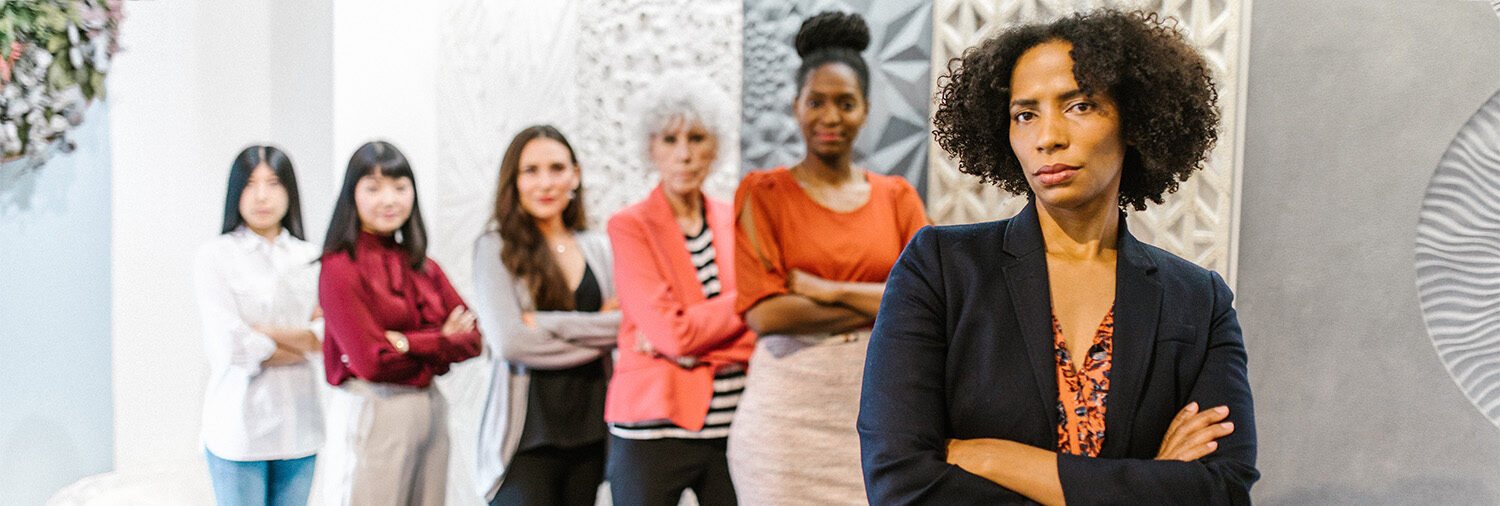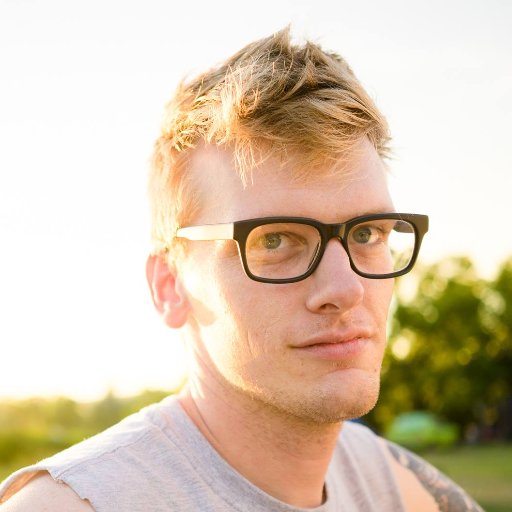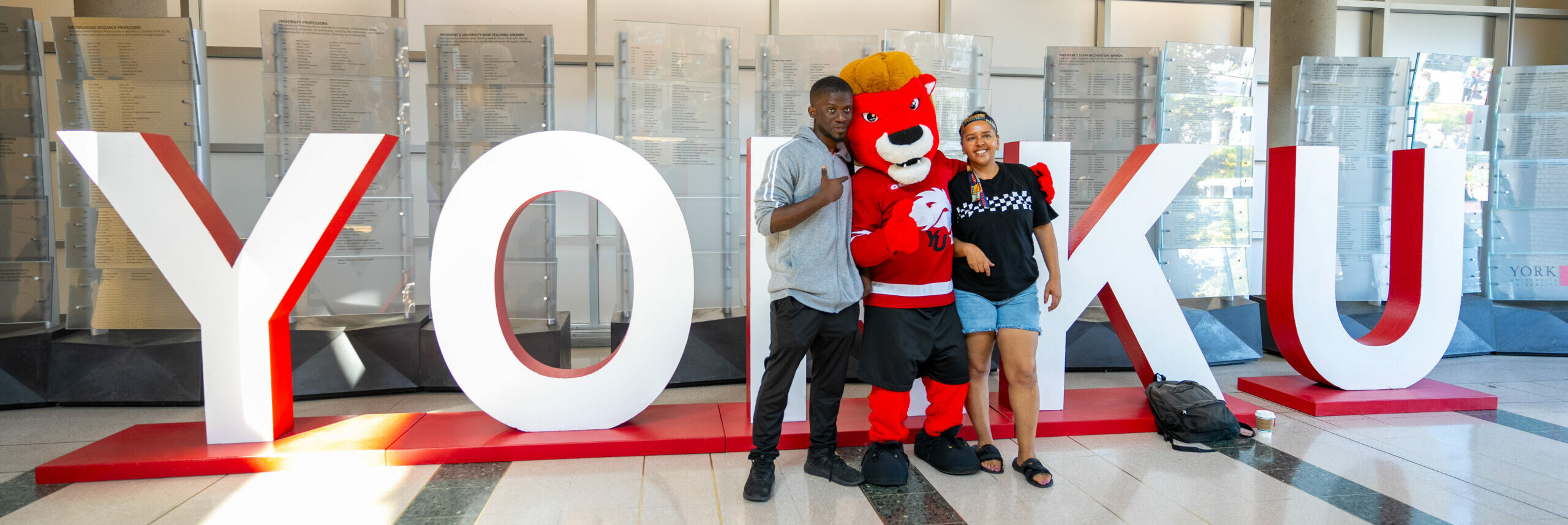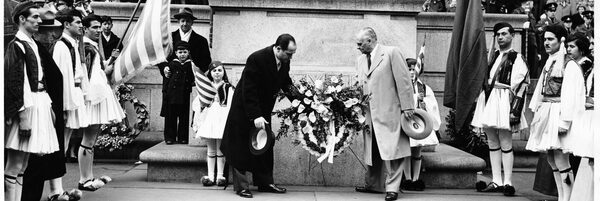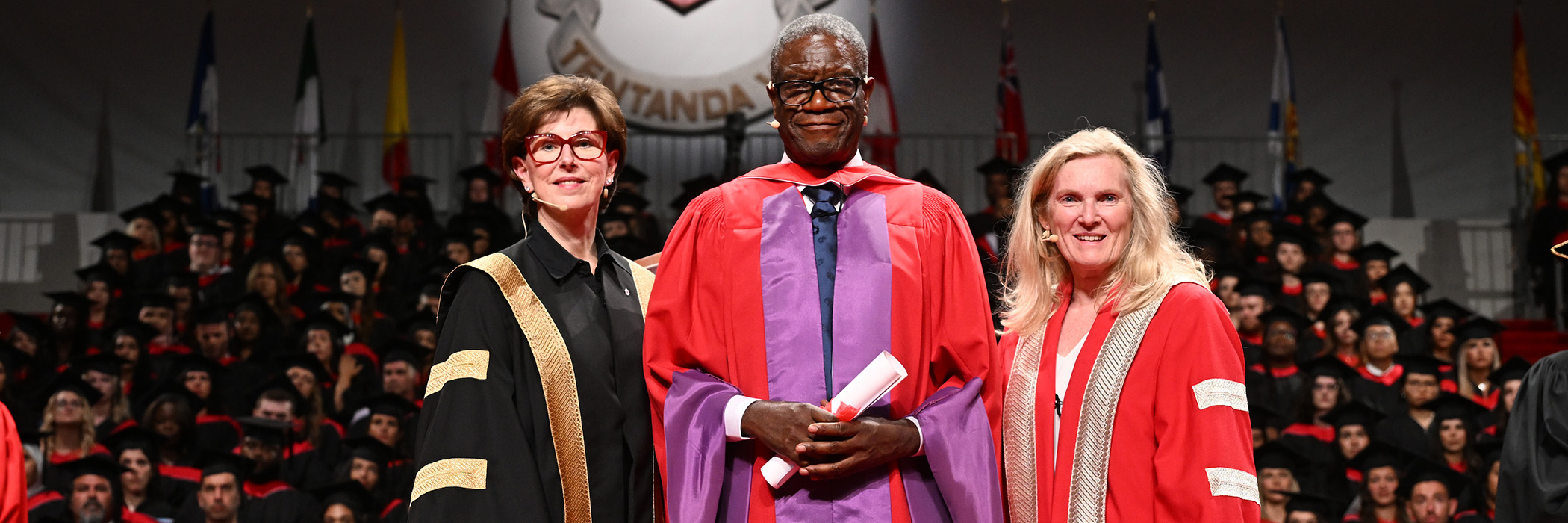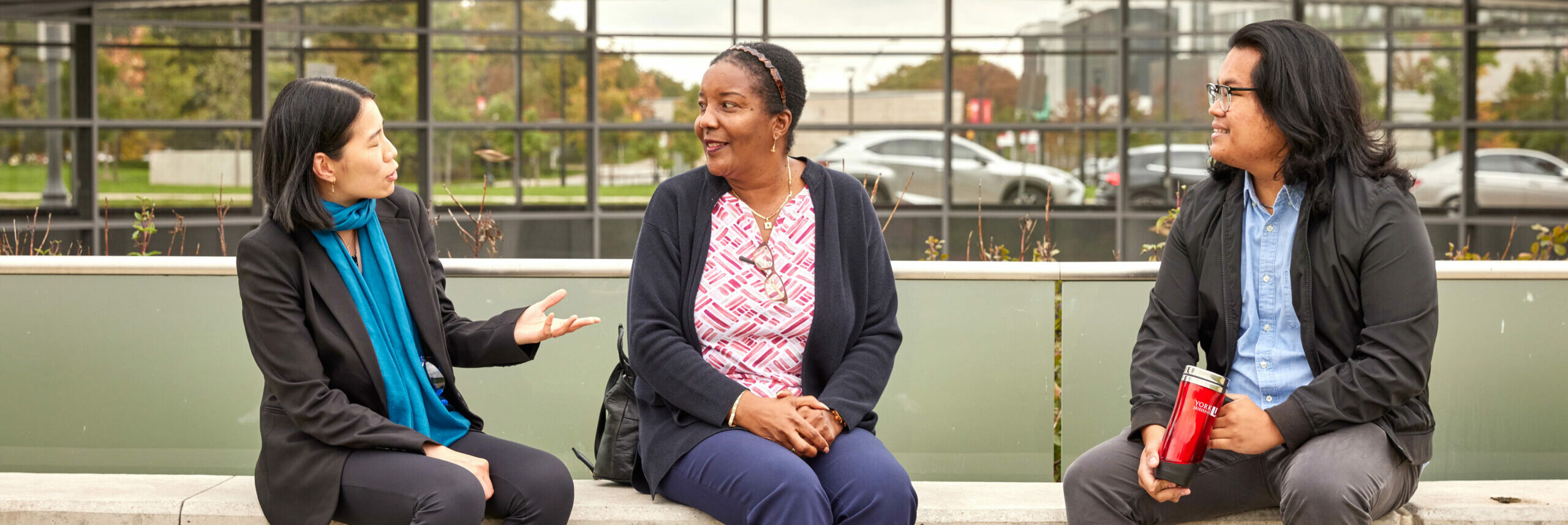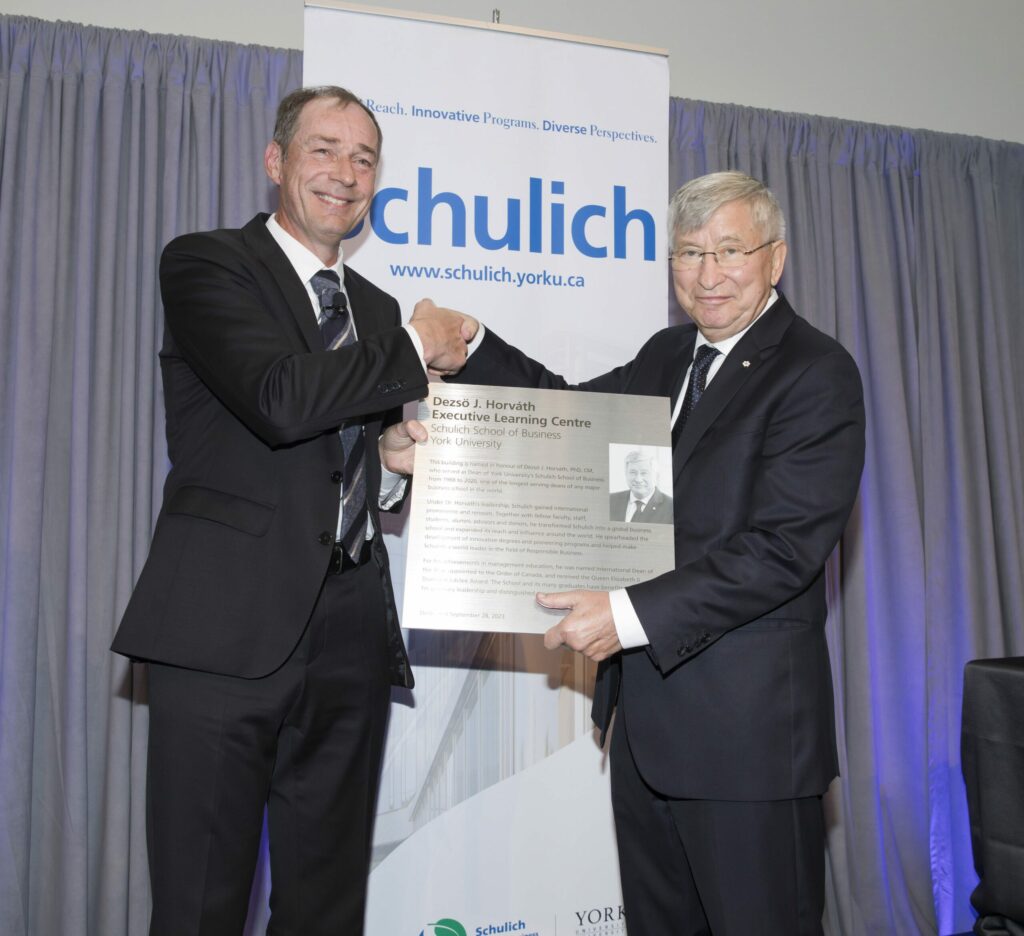Thirteen women with affiliations to York University are recognized as key figures in how the city of Toronto is shaped as part of the Myseum of Toronto’s latest project, The 52: Stories of Women Who Transformed Toronto.
The multi-year project celebrates the contributions of women to the city of Toronto in art, culture, politics, sports, technology, business and more, and debuted Sept. 23 during Nuit Blanche.
The work premiered as a participatory performance where the stories of the 52 women were brought to life through original monologues written by 24 playwrights. Participants had the opportunity to step into the shoes of one of the 52 women by reading excerpts from the monologues.
Among those honoured were six York alum, one former faculty member and six honorary degree recipients.
York University alum
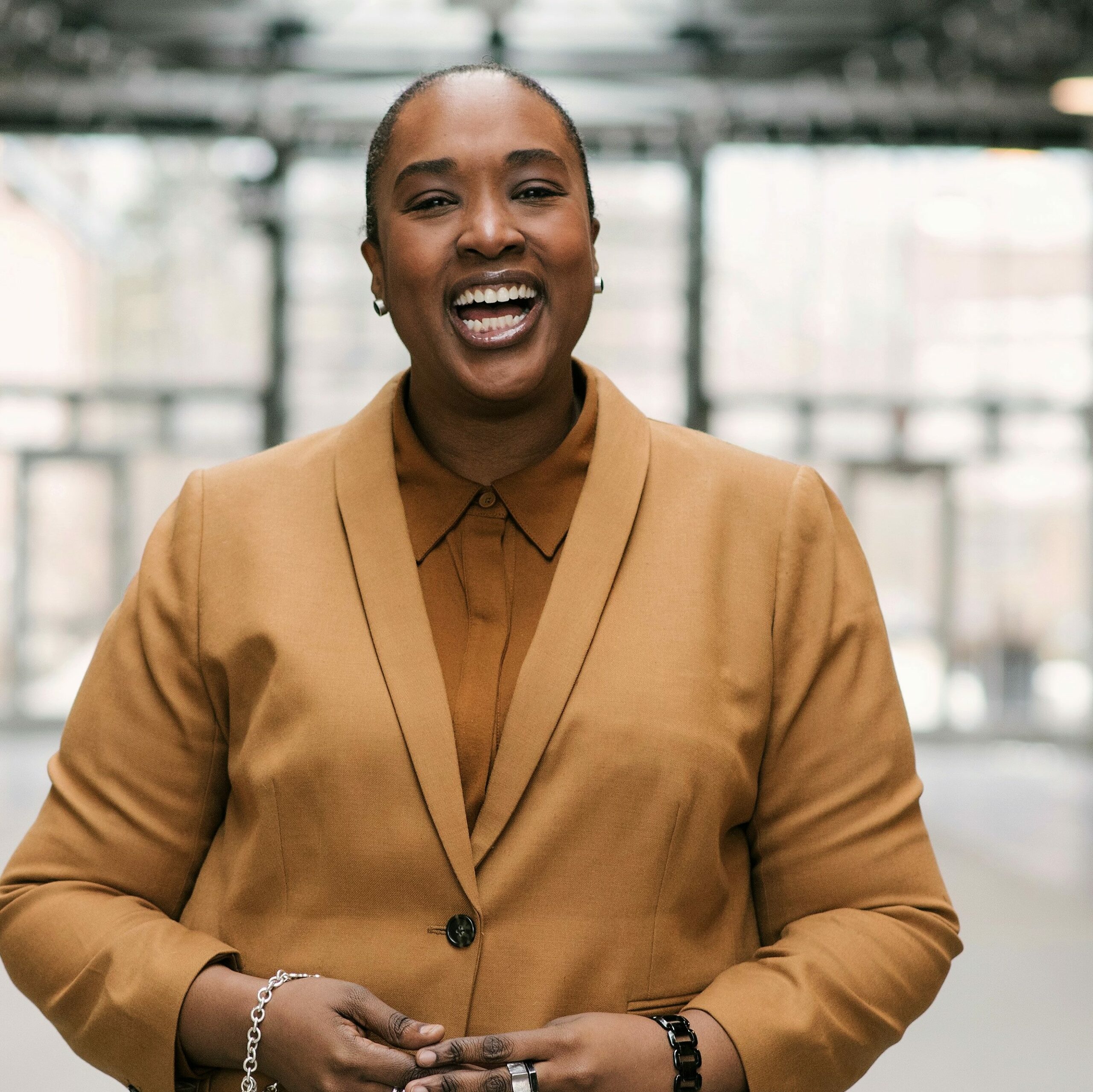
Jillian Andrew (BA ‘01, ‘02, BEd ‘03, PhD ‘18) – MPP, Toronto-St. Paul’s
Jillian Andrew is the first Black and queer person elected to the Ontario legislature. She was elected to the Legislative Assembly of Ontario as an Ontario New Democratic Party member of provincial parliament in 2018. Since elected to office, Andrew has hosted several initiatives in support of arts and culture, housing, education, health care, gender equity, environment and more.
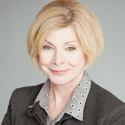
Cheri DiNovo (BA ‘94) – United Church of Canada minister, activist and politician
Cheri DiNovo is an ordained United Church minister who performed Canada’s first legalized same-sex marriage. DiNovo is a member of the Order of Canada, recognized for her contributions to politics in Ontario and for her dedication to championing social justice. As the former member of provincial parliament for Parkdale–High Park in Ontario, DiNovo passed into law more pro-LGBTQ2+ legislation than anyone in Canadian history, including Toby’s Act, which added transgender rights to Ontario’s Human Rights Code.
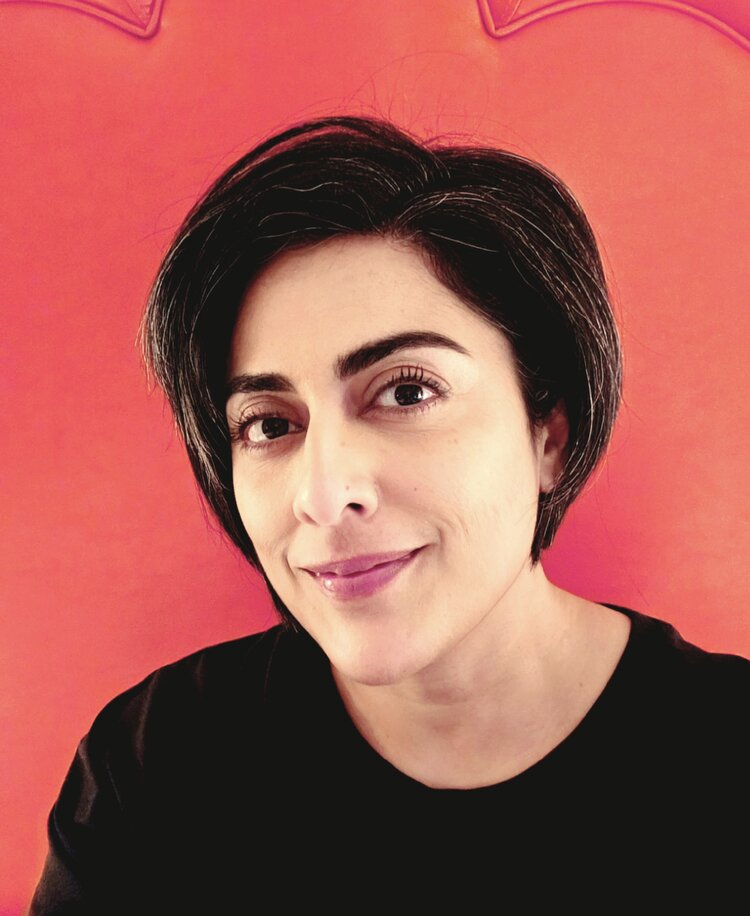
Saadia Muzaffar (BA ‘01) – tech entrepreneur and author
Saadia Muzaffar is the founder of TechGirls Canada, a leading platform for women in science, technology, engineering and math in Canada. Additionally, she co-founded Tech Reset Canada, a collective of business leaders, technologists and other residents advocating for innovation that benefits the public good.
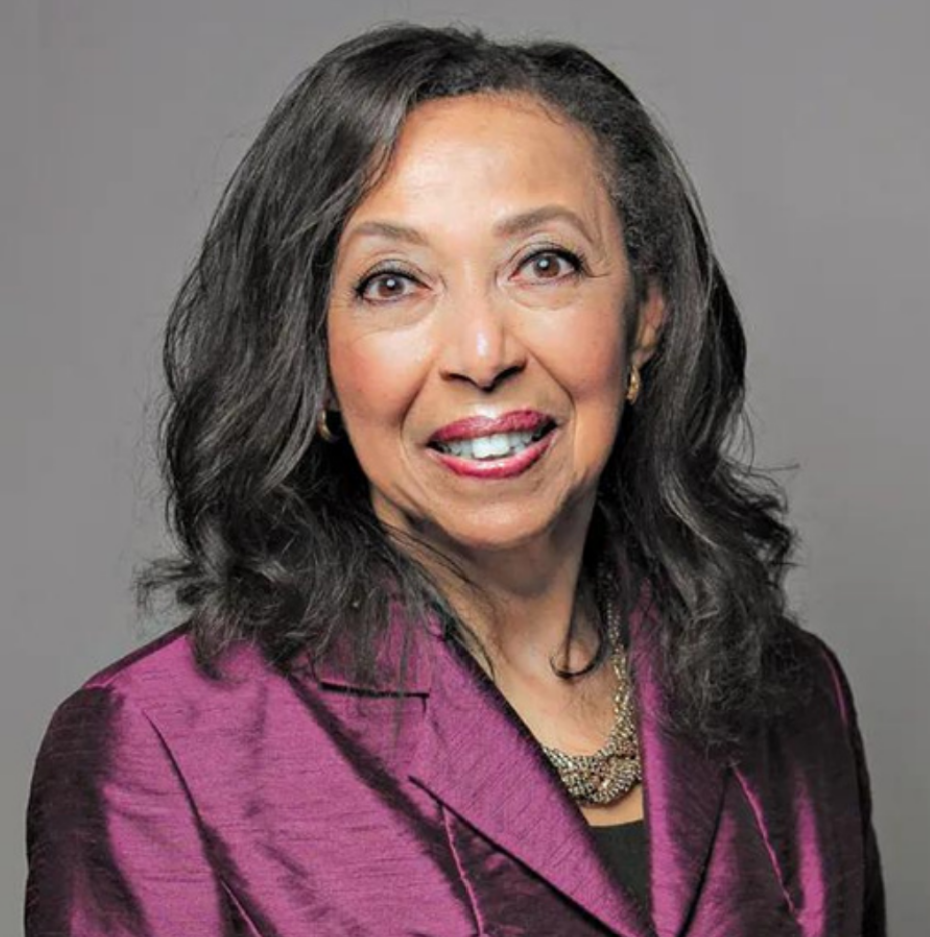
Rosemary Sadlier (BA ‘75) – social justice advocate, researcher and author
Rosemary Sadlier served as president of the Ontario Black History Society for 22 years. She played a key role in the national declaration of February as Black History Month. She also successfully secured Emancipation Day (now, Emancipation Month) commemorations municipally in 1994, provincially in 2008 and nationally in 2021. Sadlier is also known for her contributions to the development of the African-Canadian curriculum and books on African-Canadian history.
Judith Snow (MA ‘76) – independent living advocate, community organizer and disability justice activist
The late Judith Snow was the first Canadian to receive government-mandated individualized care funding for personal assistance. Her activism enabled an additional 600-plus people in Ontario to receive funding. In the 1970s, Snow founded the Centre for Special Services for Handicapped Students at York University – Canada’s first post-secondary learning support program.
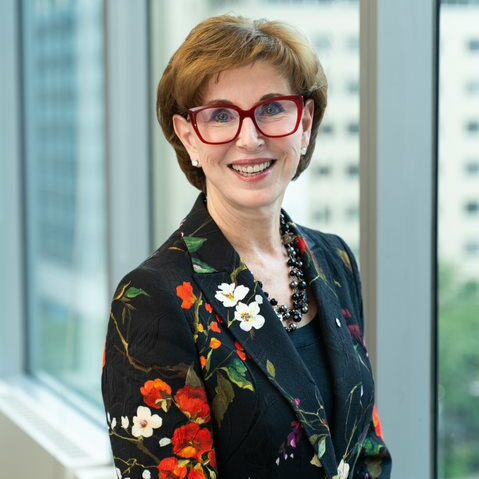
Kathleen Taylor (JD ‘84, MBA ‘84, LLD ‘14) – Chair of the Board of Directors of Royal Bank of Canada/ business executive, York University’s 14th chancellor
Kathleen Taylor is a Canadian business leader who became Chair of Royal Bank’s Board of Directors in 2014, making her the first woman to lead a major Canadian bank. She was appointed as a director of the board in 2001 and as Chair from 2014 to 2023, helping to oversee a period of significant growth and international expansion for the bank. Prior to this role, Taylor was the president and chief executive officer of Four Seasons Hotels and Resorts, where she was instrumental in building Four Seasons’ global portfolio and international brand over almost 24 years with the company.
Former faculty
Menaka Thakkar (DLitt ‘93) – dancer and choreographer
The late Menaka Thakkar was instrumental in Canada’s appreciation for Indian classical dance with her establishment of Canada’s first professional Indian dance company, Nrtyakala: The Canadian Academy of Indian Dance. An accomplished choreographer and dancer, she later founded the Menaka Thakkar Dance Company in Toronto, where she continued to train new generations of dancers. Thakkar taught in cities across Canada, in York University’s Department of Dance and at the National Ballet of Canada.
Honorary degree recipients
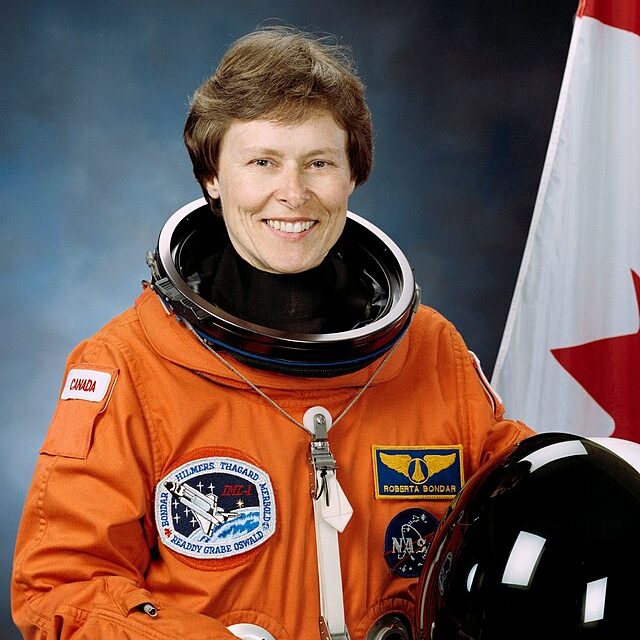
Roberta L. Bondar (DSc ‘92) – Canadian astronaut and neurologist
Roberta L. Bondar is Canada’s first female astronaut and neurologist in space. Following her space mission, she led an international space medicine research team, working with the National Aeronautics & Space Administration (NASA) for over a decade. In recognition of her contributions, she earned the NASA Space Flight Medal as well as induction into the International Women’s Forum Hall of Fame and the Canadian Medical Hall of Fame.
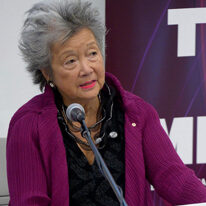
Adrienne Clarkson (LLD ‘03) – governor general, journalist and author
Adrienne Clarkson, the Right Honourable 26th Governor General of Canada (1999-2005), was the first racialized person, the first individual of Asian heritage, and the first without a political or military background to be appointed to the vice-regal position. Prior to her appointment, Clarkson had an award-winning career in broadcast and print journalism as host and reporter of CBC’s “The Fifth Estate.”
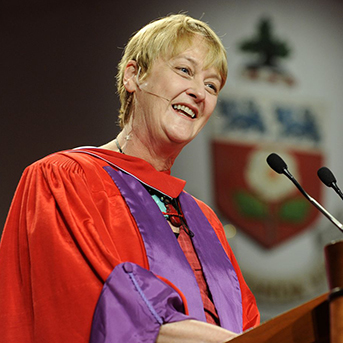
Cathy Crowe (LLD ‘10) – nurse and health-care activist
Cathy Crowe is one of Canada’s first street nurses who dedicated her career to social justice with a focus on addressing homelessness. In 1998, she co-founded the Toronto Disaster Relief Committee, which declared homelessness a national disaster. In 2018, Crowe was honoured with the Order of Canada.
Karen Kain (LLD ‘79) – ballet dancer and artistic director
Karen Kain joined the National Ballet of Canada in 1969 at the age of 18 as a member of the Corps de Ballet and became one of its most celebrated principal dancers. Her talent was recognized internationally and earned her a reputation as one of the best classical dancers of her time. In 2005 she was appointed artistic director of the National Ballet, which she served as until 2021, making her the longest-serving artistic director since the National Ballet’s founder, Celia Franca.
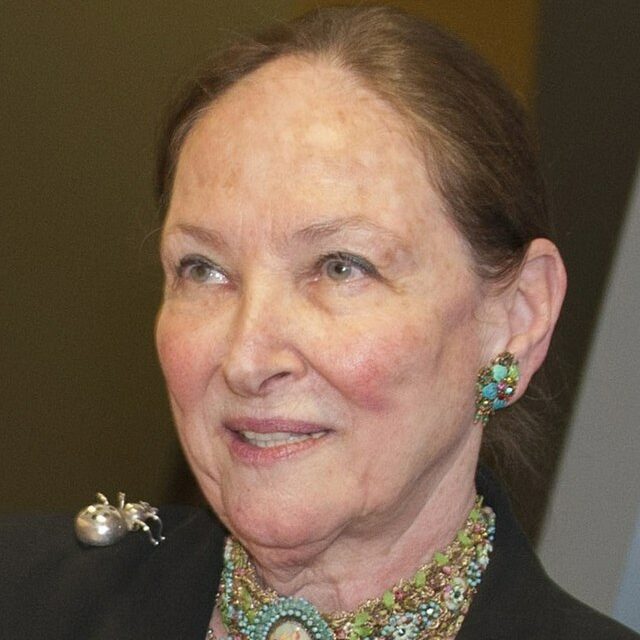
Rosalie Silberman Abella (LLD ‘91) – Canadian Supreme Court justice
Rosalie Silberman Abella became Canada’s youngest judge with her appointment to the Ontario Family Court at the age of 29. In 2004 she made history again by becoming the first Jewish woman appointed to the Supreme Court of Canada. She is best known for her significant contributions to Canadian law such as developing the concept of “employment equity” and shaping the first decision made under the 1989 Charter of Rights and Freedoms.
Min Sook Lee (MES ‘14) – filmmaker and activist
Min Sook Lee is an industry-recognized filmmaker and an associate professor at OCAD University who is an advocate for social justice through art and social change. She has directed numerous critically acclaimed works, including: Tiger Spirit; Hot Docs’ Best Canadian Feature winner, Hogtown; El Contrato; and the Canadian Screen Award-winning The Real Inglorious Bastards. As an academic, Lee’s area of research and practice focuses on the critical intersections of art and social change in labour, border politics, migration and social justice movements.


